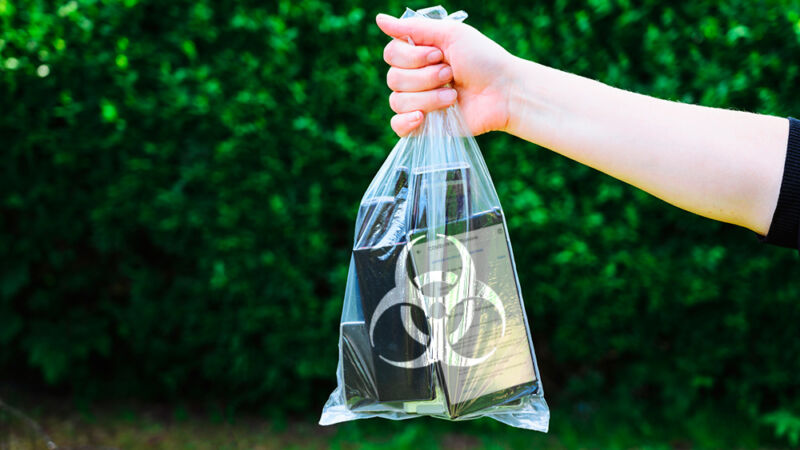ayfkm —
That’s a decline from April, when only 1 in 2 rejected the idea.
Jonathan M. Gitlin
–



Because of the lag between infection and the onset of symptoms, people can contract the SARS-CoV-2 virus and then pass it on, potentially to many others, before they know they’re infected and have to isolate. So being able to identify and warn individuals who have been exposed to an infected person—known as contact tracing—is widely acknowledged to be a vital part of any effective strategy to beat COVID-19. Which is why it is extremely dismaying to see survey data that says fewer than 3 in 10 Americans intend to use contact-tracing apps to allow that to happen.
The data was gathered from an online survey of just over 2,000 people in the United States, collected on June 1 by polling company Opinion Matters on behalf of the security company Avira. When asked if they planned to download a contact-tracing app, an overwhelming majority—71 percent—answered no. Not only is that bad, it appears to be a deterioration from earlier this year; in April, we covered a poll that found 1 in 2 Americans would probably or definitely not use a contact-tracing app.
Most of the resistance to downloading a contact-tracing app came from people over the age of 55. US Centers for Disease Control and Prevention data show that people aged 55 and over account for almost 80 percent of US COVID-19 deaths to date.
It’s a trust thing
Survey respondents who replied “no” to the first question were then asked to explain that decision with a multiple-choice poll. The most common reason cited was a concern about privacy; in all, 44 percent of those who said “no” to a contact-tracing app said they would not trust the technology to protect their digital privacy. But nearly as many (39 percent) also said they thought the apps created a false sense of security, and 37 percent said they believed the apps would not work to slow the spread of the pandemic. Thirty-five percent also indicated a lack of trust in the app providers.
Interestingly, this latest poll shows quite a divergence to April’s results when it comes to the organizations people would trust to keep their COVID data private.
Two months ago, 57 percent said they’d trust public health agencies, 47 percent said insurance companies, and 43 percent said they’d trust Big Tech. But in today’s poll, only 32 percent said they’d trust Google or Apple, and only 14 percent said they’d trust the government to keep their data private. That suggests a significant deterioration in trust when it comes to public health agencies like the CDC, although the questions asked were not identical, and there may be some differences in survey populations that make a precise comparison between the polls difficult.
Unfortunately, distrust in public health and medical tools to fight the pandemic appears to be widespread in the United States. In recent weeks, other surveys have shown that as few as 50 percent of Americans say they would be vaccinated against the disease, assuming a vaccine were available. Coupled with what appear to be politically motivated decisions to end public health restrictions on gatherings, it is likely that the eventual US death toll from the pandemic will be high indeed.

